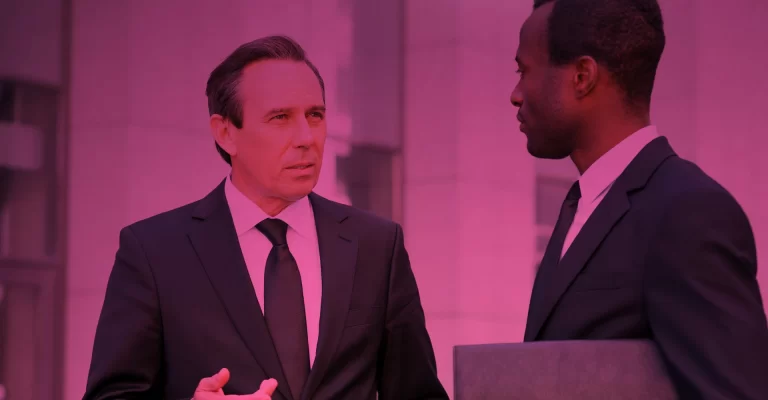CREATIVITY – Atlantic International University
August 25, 2022 2023-09-18 21:20CREATIVITY – Atlantic International University
“Creativity is inventing, experimenting, growing, taking risks, breaking rules, making mistakes, and having fun.” – Mary Lou Cook
The Oxford Dictionary defines creativity as the use of imagination or original ideas to create something.
The mention of imagination brings to mind a program that my children used to enjoy watching when they were younger, Barney and Friends. When the children in the program are bored, they call up their imaginary friend Barney to play with them, and this solves their boredom problem. This demonstrates that everyone is creative in some way. Children tend to be more imaginative from a young age because they want to try out how it feels to do a variety of things. They start by copying what they see adults do, then they move on to experimenting, trying to find out what it feels like to touch a flame, and they imagine how the images on television got there.
Thinking outside the box and imagining in order to birth a new idea, invention, or innovation is what creativity entails.
Creativity is required in all aspects of life, from home to the workplace, and anywhere there are humans. Creativity is required for solving problems and conflict resolution; it involves training the mind to think in order to come up with a solution, an idea, or an invention that is better than what was previously known or to come up with an entirely new idea or invention. This tells us that there is always a solution to almost, if not every, problem if we just think creatively.
Thinking creatively is a sure way to sharpen the mind; the more you think and imagine, the better you will become.
There are some important techniques involved in thinking and coming up with new ideas, which include the following:
– Unorthodox thinking – This is a situation in which you consider a problem while considering the grey areas, knowing that the solution may not revolve around popular ideology. Thinking outside the box, seeing the unlikely, abandoned areas that no one has ever considered. For example, if the problem is with product ‘A,’ the standard solution is to thoroughly examine the product’s specifications. The unorthodox way may be to look at product “B”s or “C”’s connection to product ‘A’.
– Group Thinking – In this case, a group is formed to get together and brainstorm on a solution. The advantage of using the brainstorming technique is that there will be diverse viewpoints and the glass will be viewed from various angles before arriving at a solution, especially if the team consists of experts on the subject.
– Combination of Ideas – Some ideas are born during brainstorming, but a single idea may not be sufficient to handle some challenges; consequently, there is room to consider combining two or more ideas in order to properly handle the concerned challenge.
Because it involves experimentation, communication, questioning, weighing options, and organizing, creative thinking can be considered a skill.
Problem-solving is a daily requirement in all stages of life, so critical thinking skills are essential in our daily lives.
Some methods for honing this vital skill include:
– Keeping track of current events and happenings by reading and studying to learn about current trends as they relate to your organization, field, or business.
– Make plans and goals that you can review on a daily basis to assess your daily accomplishments and identify areas for improvement.
– Surround yourself with creative people who share your goals and values; this will help you sharpen your creative mind.
Improve your communication skills by communicating with both people in your circle and those outside your circle; this allows you to see things from different perspectives and form the best ideas and decisions when necessary.
“There is no doubt that creativity is the most important human resource of all. Without creativity, there would be no progress, and we would be forever repeating the same patterns.” —Edward de Bono
Sources
https://rockcontent.com/blog/creative-thinking-skills/
























